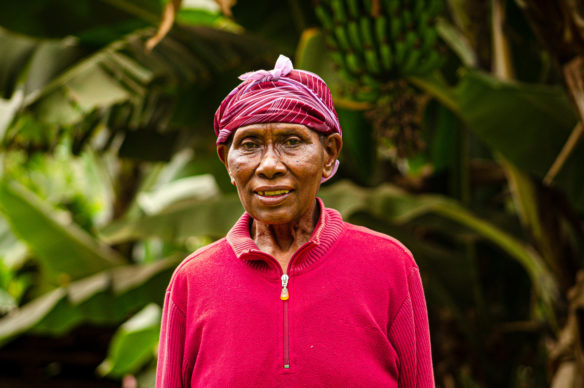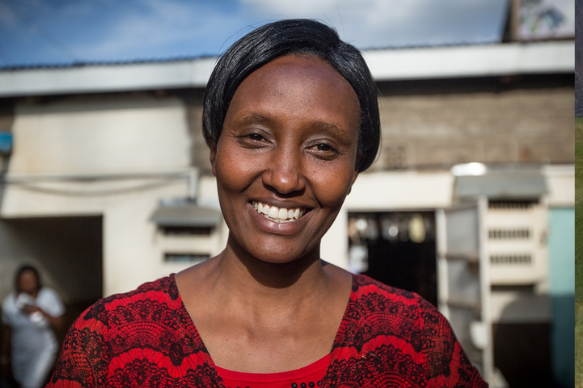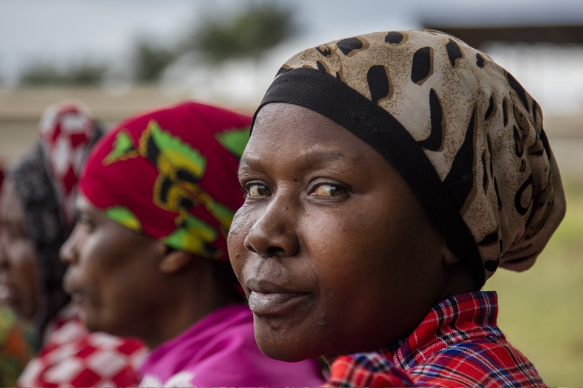Regenerative Agriculture
70% of the entrepreneurs we work with are farmers. We’re championing a new kind of farming, one which is kind to the planet, helps women farmers fight back against degraded soil and drought caused by climate change, and lifts them and their families out of poverty.
Fighting poverty and climate change
Intensive farming and synthetic fertiliser use is having a devastating impact on soil health. Poor quality soil leads to bad harvests, trapping farmers and their families in poverty. As well as this, unprecedented droughts mean farmers are fighting for their very survival.
Regenerative agricultural techniques improve the soil, preserve what water there is, trap harmful carbon emissions and boost farmers’ incomes in the longer term.
An agricultural revolution
We train farmers, 80% of whom are women, on a range of regenerative and farming techniques, including:
– Planting trees and crops to keep vegetation in the ground and ‘no till’ farming – which pulls carbon from the air and stores it safely in the soil
– Reducing reliance on expensive fertilizers through natural alternatives such as composting and well managed grazing
– Natural irrigation through well managed waterways and wetlands.
“Our vision is of an agricultural system which benefits the planet instead of harming it, lifts farmers out of poverty and revitalises rural economies.”
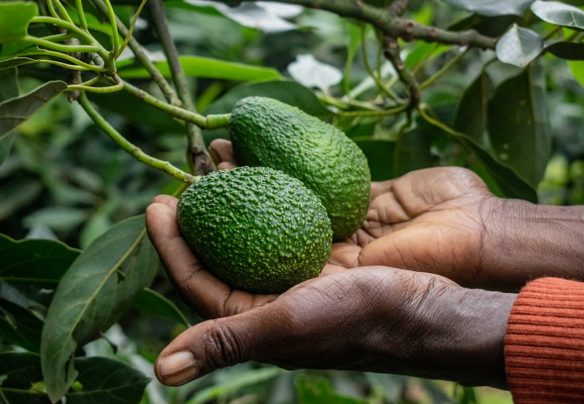
Boosting yields and incomes
By adopting regenerative agriculture and circular economy practices and techniques, farmers can ensure their farms remain profitable long term, even with low rainfall and poor quality soil to contend with.
That’s because improved soils lead to increased yields, and, by using circular economy techniques like making fertiliser from parts of the crop that can’t be used, farmers reduce their costs and their dependence on expensive commercial products.
What’s more, year-round crop coverage gives farmers more opportunities to sell their produce, at the same time as trapping carbon, enriching the soil and improving plant, animal and insect biodiversity. Find out more about our approach on our FAQs page.
How we’re different
– A women-first approach: We give women farmers the training and support they need to succeed as agri-entrepreneurs, as well as supporting them to them to access credit and find new markets for their produce.
– Community-led design: We put women and their communities at the heart of farm and landscape design, supporting them to manage communal waterways, forests, wetlands and grazing areas.
– A platform for knowledge sharing and advocacy: We give farmers the tools to share their knowledge, and make the business case for regenerative agriculture to local decision makers.
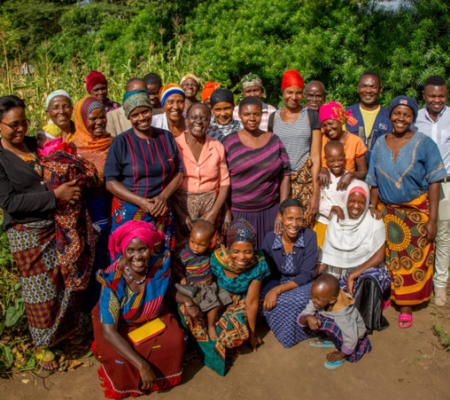
Our partnerships
Regenerative agriculture can change the lives of millions of women farmers and their families, lift whole communities out of poverty and create a sustainable alternative to intensive farming.
To achieve our goals, we partner with local and national NGOs, foundations, governments, companies and private donors. Find out more about partnering with us here.
Our impact at a glance
$0.35
Amount per dollar earned that men spend on their families and communities
$0.90
Amount per dollar earned that women spend on their families and communities
53%
Average female labour participation rate in Hand in Hand countries
90%
Female participation rate in Hand in Hand Self-Help Groups
Our partnerships
Fighting poverty in Kenya with Visa
We teamed up with Visa to reach 10,200 women to lift their families out of poverty in some of Kenya’s most disadvantaged regions.
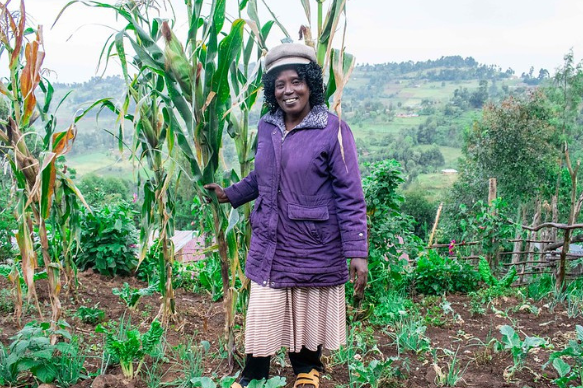
Planet friendly farming with IKEA
Thanks to the IKEA Foundation we will train 1,600 smallholder farmers in regenerative and circular practices to increase productivity and reduce poverty.
Partnering with Cartier Philanthropy to empower women
This groundbreaking project works with men to tackle restrictive attitudes that hold women back.

